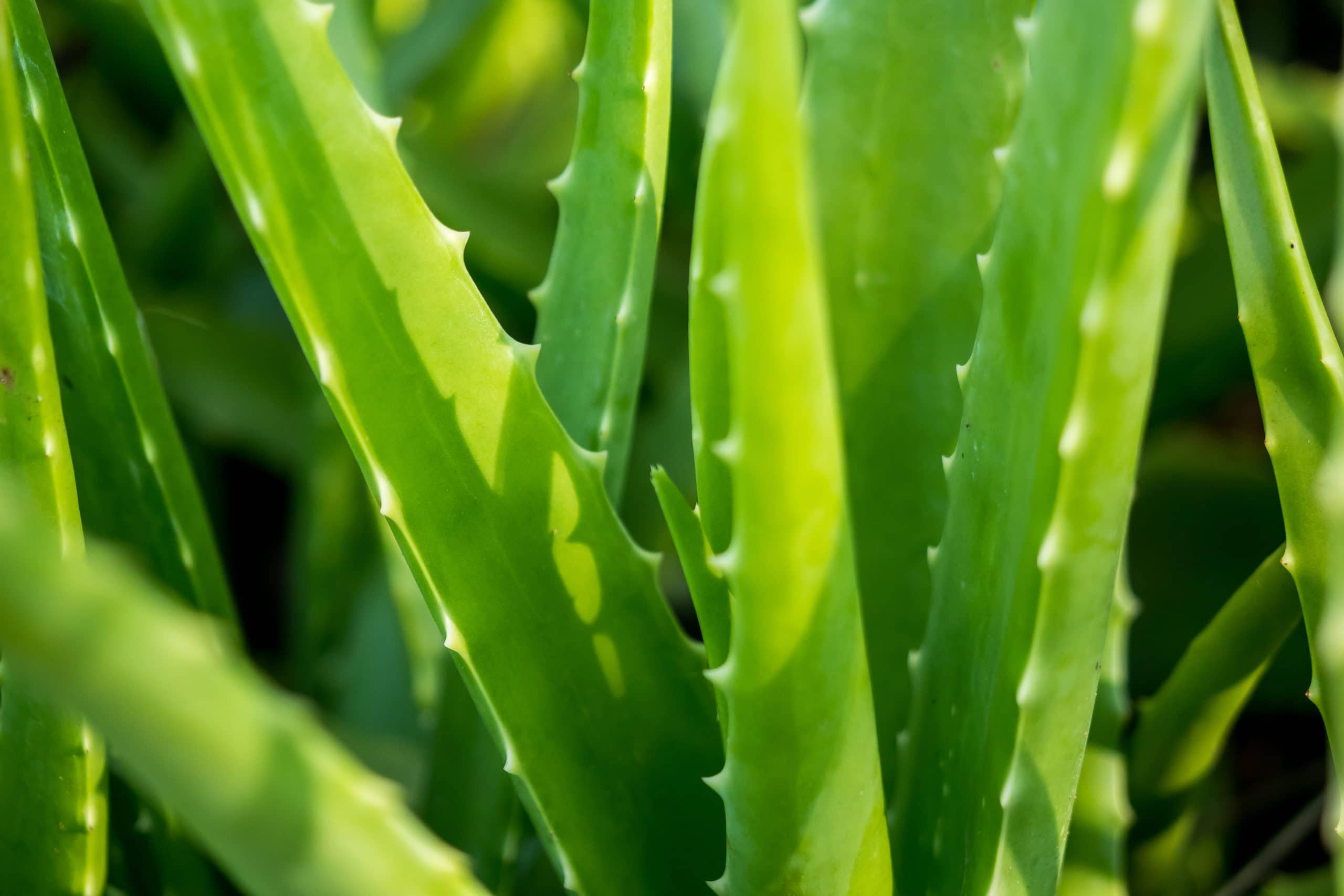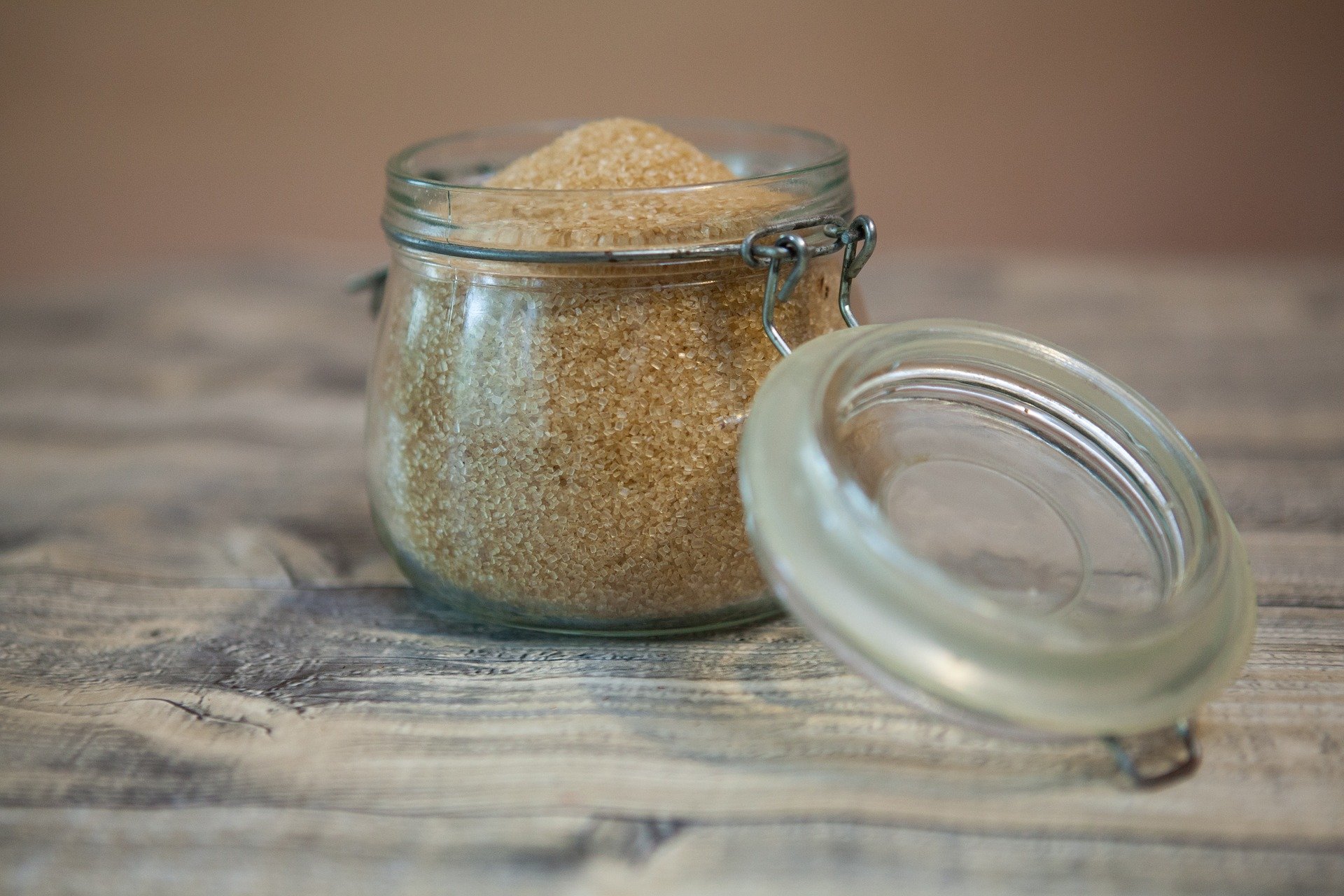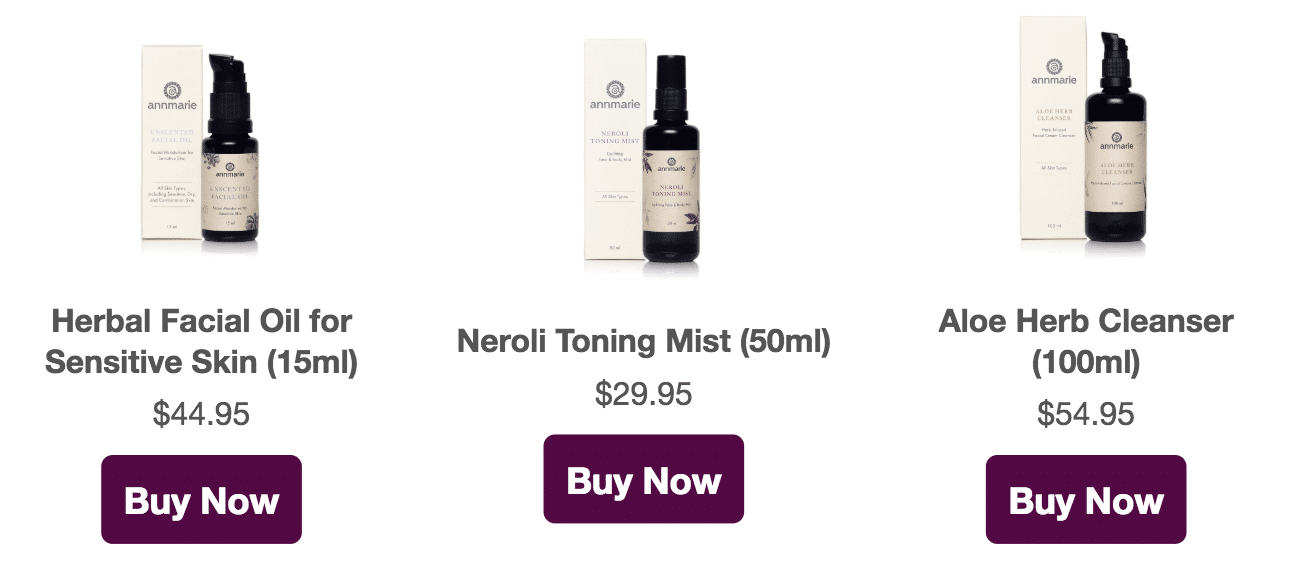
We’ve been talking about skin types here the last few weeks—dry, oily, and combination. But this week, we’re talking about a type that can co-exist with any of these. In other words, you can have combination skin, and also have sensitive skin. Dry skin types are the ones who are most often plagued with sensitivity as well, but combinations may have it too. It’s more rare in oily skin.
In the world of skin care, being “sensitive” doesn’t mean that you’re feelings are easily hurt. Instead, it means that your skin can be easily affected, and has a definite set of characteristics that require special care.
If you think you may fall in the sensitive realm, read on.
What is Sensitive Skin?
Sensitive skin is easily “bothered” by things. Sun exposure, wind, heat and cold, chemicals in products, and other similar factors can all cause this skin type to react. The type of reaction may vary, but the key point is that the skin is often reacting to something.
What Causes Sensitive Skin?
There are a number of possible causes. You may have been born with sensitive skin. Maybe your mom or dad had it, or one of your grandparents. Either way, it’s been that way since you can remember, and you’re stuck.
There are other things, however, that can actually cause your skin to become more sensitive. These include:
Allergies—if you are allergic to certain things, your skin may react sensitively to them
Dry skin—dry skin types are often sensitive as well, because of the thinner outer layer
Excessive exposure to environmental factors, such as the sun, wind, or harsh chemical irritants
If you have any of the above skin conditions, you qualify as a sensitive skin type.

Specific Problems in Sensitive Skin Types
Sensitive skins usually notice these types of problems:
• Occasional redness
• Sunburns and windburns easily
• Occasional blotchiness
• Dryness
• Oily skin
• Clogged pores
• Tight skin
Most Sensitive Skins Have Triggers
If you have sensitive skin, you may already know some of the “triggers” that create reactions on your skin. There are some common, ones, however, that you may not be aware of. Some well known triggers that can make sensitive skin react include:
• Temperature changes
• Chemical and/or synthetic fragrances
• Formaldehyde
(and formaldehyde releasing preservatives like urea, quaternium-15, and DMDM hydantoin)
• Dyes
• Cosmetics and soaps
• Preservatives
• Propylene glycol and ethanol
• Fragrances (the #1 allergen and irritant in cosmetics)
• Bismuth oxychloride and mica (light-refracting ingredients found in makeup)
• Hormonal imbalances
• Lanolin
• Rubber latex
• 4-tert-butylphenol in cosmetics (lip liners), plastics, and lacquers
• Chemicals used in pesticides and herbicides
• Menthol and peppermint
• Gold and silver metals
Some people who have allergies to natural trees and grasses, such as ragweed, can also develop allergies to essential oils like chamomile and calendula, since these are cross-reactive ragweed allergens.
check your labels!
Others can gradually become sensitized to certain skin care products that have formaldehyde, particularly after using them for awhile. This is why it’s important to always be careful about the ingredients in your product, as some harsh chemicals and preservatives can sometimes create skin sensitivity over time as you use them.
“Women are using more anti-aging products than ever before,” says Marianna Blyumin-Karasik, M.D., a dermatologist from Miama, “and the potent exfoliants in them can cause irritation. So more women are experiencing the symptoms of sensitivity.”
Lifestyle Factors to Help Sensitive Skin
Sensitive skin types can benefit from some lifestyle changes that may help protect your skin. First, if you have allergic reactions, check with your allergy doctor. A patch test may reveal exactly what ingredients you are allergic to, so you can avoid these in the future.
Other steps you can try to protect your skin include:
Protect
Think of sensitive skin as fragile skin—it needs protection always. Use hats, clothing, and safe sunscreen. Protect from the wind with scarves.
Detox
Not in your body, necessarily, though of course you can, but we’re talking here about your home. Get rid of the toxic elements as much as you can, as the more you cut back, the less likely your body (and skin) will be to react. Get rid of chemical and environmental irritants in your personal care items, laundry items, household cleaners, furniture, paint, etc.
Moisturize
Sensitive skin is typically dry, which means that it’s vulnerable to attack. Keep it moisturized always.
Always take your makeup off
Do not sleep in your makeup! Even the most natural products can become clogged in your pores and cause irritation. Use a gentle cleanser and then put on your moisturizing night cream so your skin has a chance to recover.
Be wary of bacteria
This means replacing your washcloth and pillowcase more often, and tossing out old makeup and cosmetic products. Wash your makeup brushes often and let them air dry.
Consider a shower filter
Many sources of city water may contain chlorine or other chemicals that can cause your skin to react. A shower filter can help cut down on your exposure to these chemicals.
Test
When you’re trying a new product, always test it on your wrist, arm, or behind the ear first before putting it on your face or more broadly on your body.
Avoid your triggers
As much as you can, avoid triggers like lanolin, harsh soaps, alcohols, chemicals, fragrances, and the like. Learn to read labels on your skin care products.
Use a humidifier
Unless you live in a humid climate, use a humidifier to help your skin stay moisturized.
Don’t be fooled
Any manufacturer of personal care products can put “hypo-allergenic” on their label. It doesn’t mean you will not have an allergic reaction to it, so always test it first.
Daily Routine for Sensitive Skin
With sensitive skin, the keys are “gentle” and “non-toxic.” Keep these two terms in mind whenever you’re shopping for new products, or thinking about trying home-based remedies.
Wash gently and naturally
Stay away from all harsh cleansers, particularly soaps and cleansers that have sulfates, alcohols, and preservatives in them. All of these can not only make your skin react, but will contribute to dryness, fine lines, and wrinkles. You need a gentle, natural formula that will clean while soothing and calming.
Try our Aloe-Herb Cleanser, which uses the gentle properties of aloe to soothe while herbal cleansers go to work cleaning dirt, oils and impurities. You can also try using straight coconut milk with cucumber juice and a little honey or tea tree oil. No matter what you use, if it leaves your skin feeling tight, try something else.

Don’t tone—rebalance
Sensitive skin types should stay away from regular toner, as it’s usually drying, irritating, or harsh. Instead, what you need after cleansing is something that will help restore balance to your skin that cleansing disrupted.
Try our Neroli Toning Mist, which is soothing and gentle, yet balancing. You can also try cool green tea, or regular rosewater, which are both helpful for occasional redness.
Moisturize and calm
Like dry skin types, sensitive skin needs regular moisture. In addition to moisture, however, you need ingredients that will calm. So you’re looking for your moisturizer to hydrate and soothe.
If you try our Herbal Facial Oil for Sensitive Skin, specifically formulated for sensitive skin, you’ll get sensitive moisturization that is both calming and gentle on your skin, along with a good dose of protective antioxidants.
You can also try jojoba oil or aloe vera oil formulas, or look for calming moisturizers like chamomile, shea butter, propolis, and bisabolol.
add to your weekly routine
In addition to your daily routine, take these steps every week for more glowing, hydrated skin:
Exfoliate with the utmost caution!
All skin needs exfoliation, but sensitive skin types can be further damaged by it if you’re not careful. Avoid harsh scrubs and choose natural exfoliators instead like those in our Ayurvedic Facial Scrub.
This product helps exfoliate while still moisturizing and soothing. Oatmeal and water can also be used. Try once or twice a week, depending on how your skin reacts. Avoid microdermabrasion and other harsh treatments, however.

Nourishing mask
Sensitive skin needs nourishment even more than other skin types. Here again, the key is “soothing.” You want a mask that’s going to calm and balance. Our Coconut Honey Mask is great for this as well, but you can also try mixing plain yogurt with oatmeal and leaving on the skin 10-15 minutes, or mix heavy whipping cream with brewed tea and honey.
Gently Care
Sensitive skin ages just like other skins, and often shows fine line and wrinkles even more quickly. Try mixing strawberries with yogurt instead, and leave that on your skin for a few minutes. Strawberries have natural hydroxy acids. You can also try salicylic acid, as it’s more gentle than the other types.
The following post Sensitive Skin: What It Is, How to Cope, and the Best Products for You was first published on Annmarie Skin Care.

Do you struggle with sensitive skin? How do you cope? Please share any tips you may have.